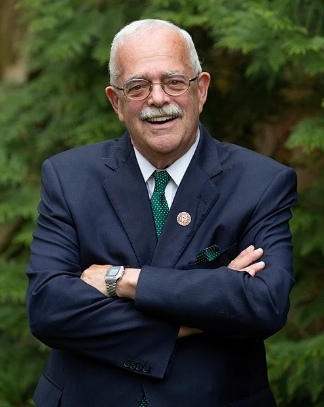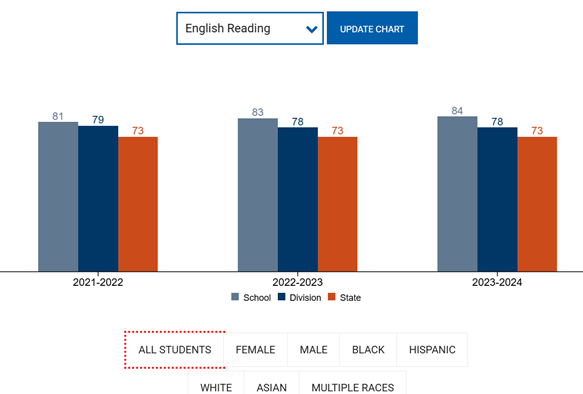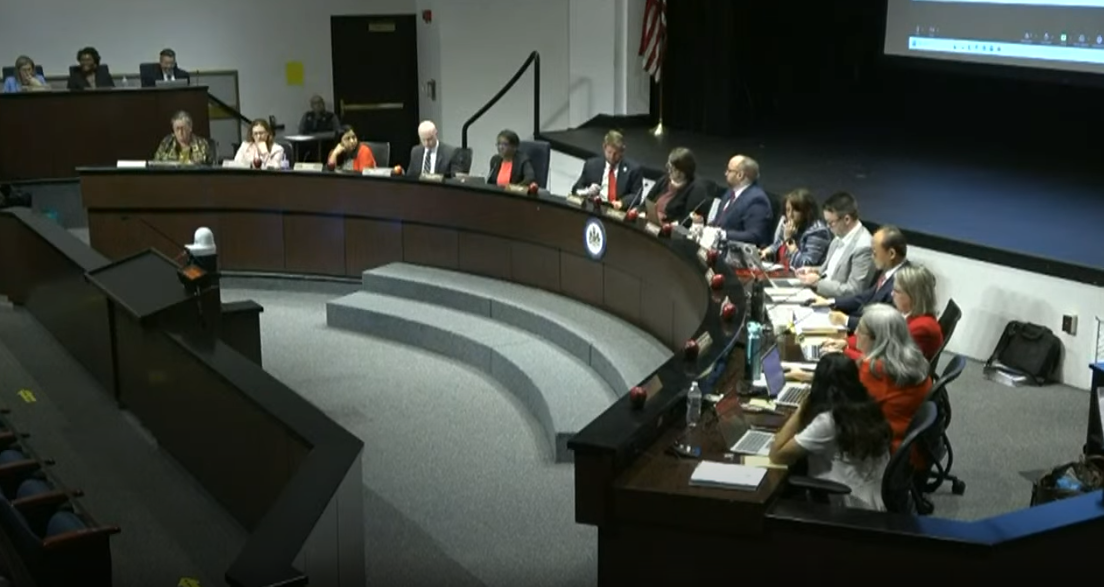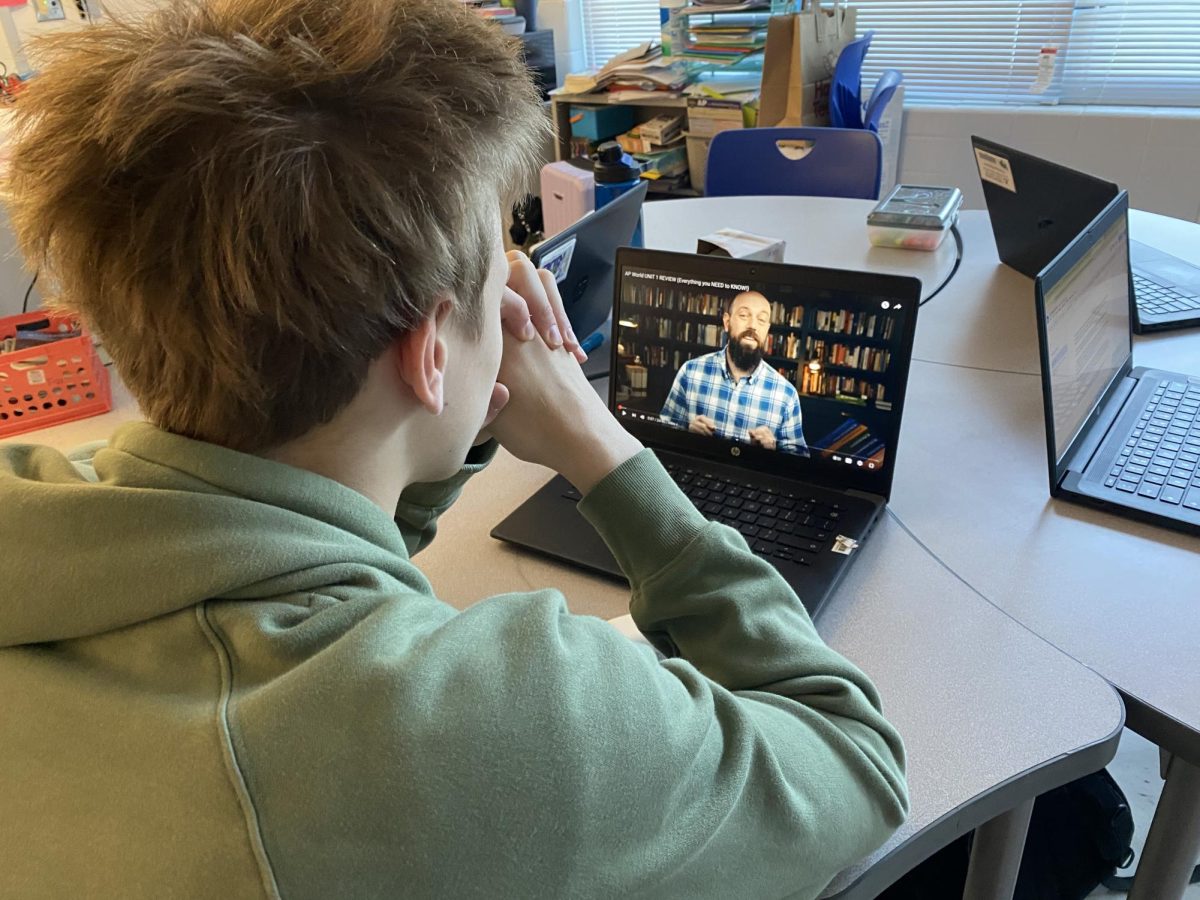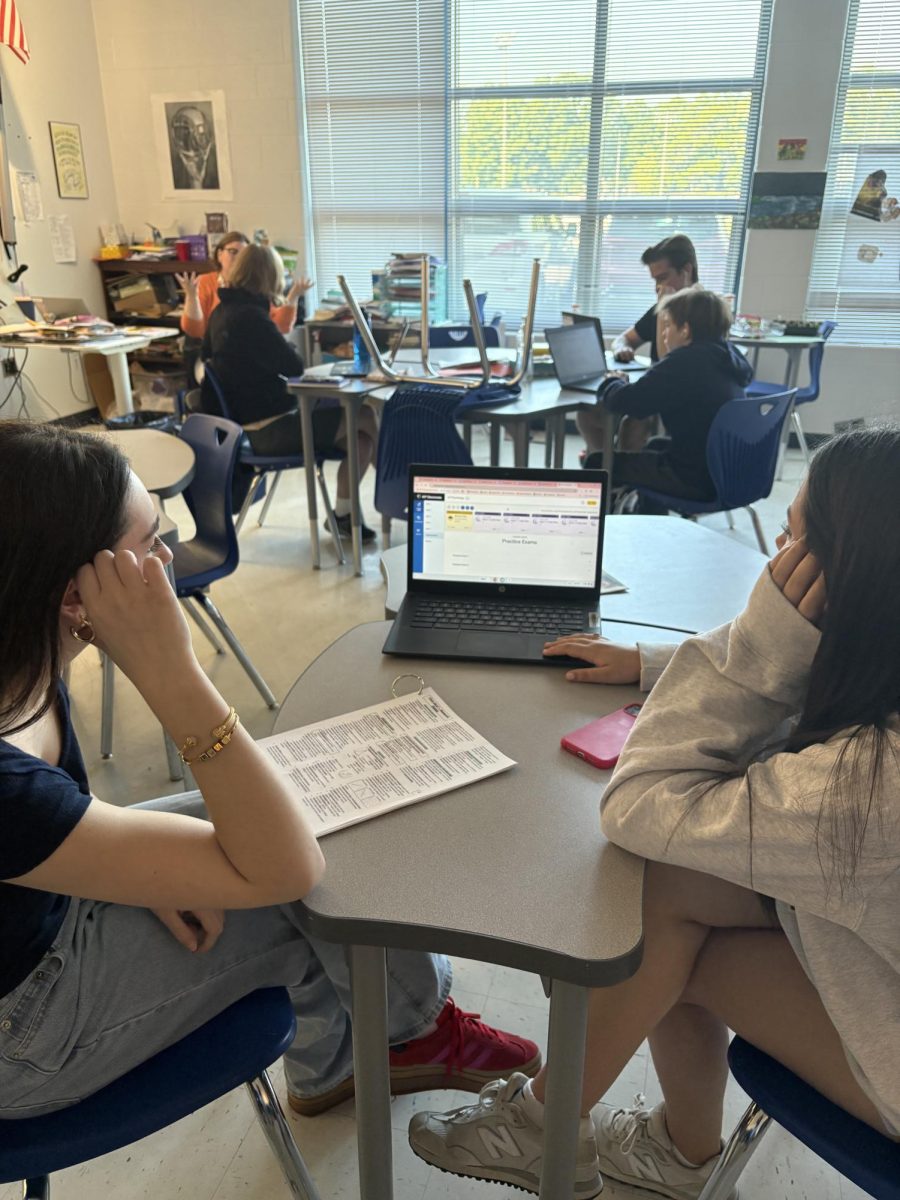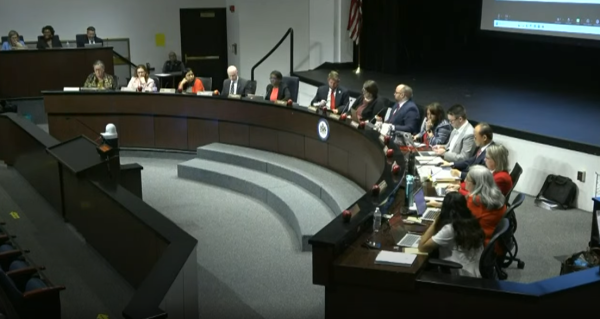A Teacher’s View on Finals
Spanish teacher Victoria O’Connor teaches only one subject, but the different levels, Spanish 2 and AP Spanish, require very different final assignments.
“I give a final project in AP, but the county mandates a final exam with a multiple choice section, speaking, and writing for level 2, so I don’t give them a final project,” O’Connor said.
O’Connor agrees with the county mandate for a standardized final exam.
“I think it’s a good thing that at level 2, all across the county we’re holding kids to the same standards and doing the same assignments,” she said.
AP students don’t have a county-wide final exam, but they do take a final exam in the style of the AP test a week before the real test to prepare. The final project is assigned weeks after the AP exam.
“I give AP an additional project because the course ends earlier,” O’Connor said. “We have six weeks of school left after the AP exam, so we have to do a project.”
This extra time at the end of the year is an inconvenience to AP teachers.
“I wish that the AP curriculum and the AP pacing aligned more closely to the school year,” O’Connor said. “We really should start AP in mid-August in order to be done with everything that needs to be covered by the beginning of May, when the AP exam is.”
However, O’Connor has taken advantage of the extra time to give her AP students multiple final project options.
“They can write a speech as if they were speaking to their graduating class in Spanish, reflecting on their time at West Potomac and their hopes for the future,” she said. “Or they can design their own yearbook pages in Spanish with photos, including academics, extra-curriculars, fond memories, friends, etc.”
O’Connor gives students the option in order to appeal to different kinds of people.
“Maybe a student who hasn’t been very involved in high school, who doesn’t have extracurriculars, who have to work all the time… it’d be hard for them to do their pages, but they can do a graduation speech,” she said. “The graduation speech is more for students who want the experience or the idea of being able to speak to their graduating class, but without the pressure of actually having to do it.”
O’Connor recognizes that these projects are designed for AP students, not those in level 2.
“At the upper levels, when students are able to do more, projects are a good substitute for a final exam,” she said. “Level 2 students can’t do very much, so what they might do is avoid new material because they feel really comfortable with what they learned in level 1, and they wouldn’t be forced to show what they’ve learned in level 2.”
O’Connor forces to students in Spanish 2 to utilize knowledge from both levels by giving them the county-mandated final exam.
“A project allows the student to show off what they know and avoid what they don’t, but they have to do what’s on the test,” she said.
Regardless of the type, O’Connor believes in the value of final assignments.
“If they’re designed right, they allow the students some creativity and the ablility to really connect with the subject,” she said. “They have the opportunity to personalize it and show off what they enjoy.”
I joined journalism my junior year because I loved writing and wanted to learn its other forms. This year, I'm the co-Editor-in-Chief, and I'm excited...



